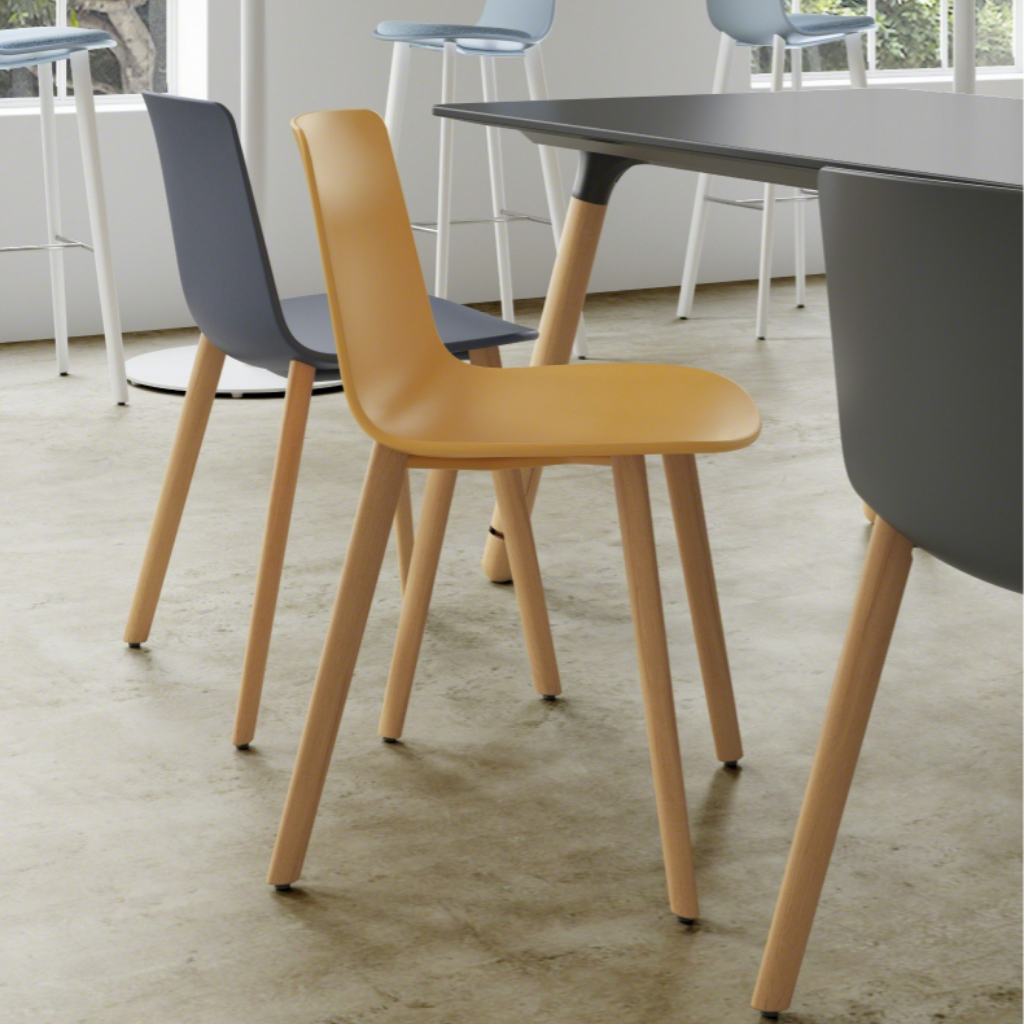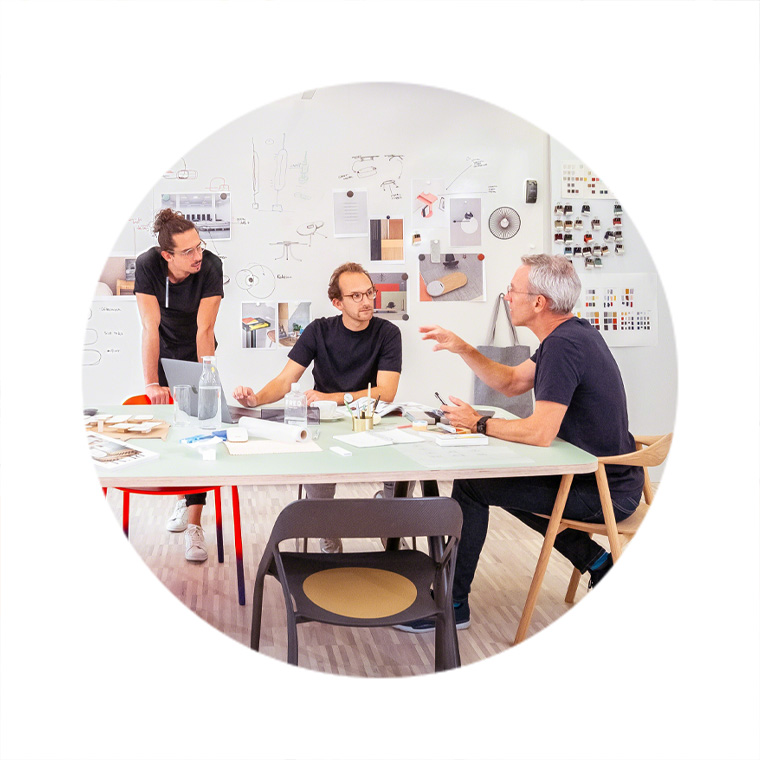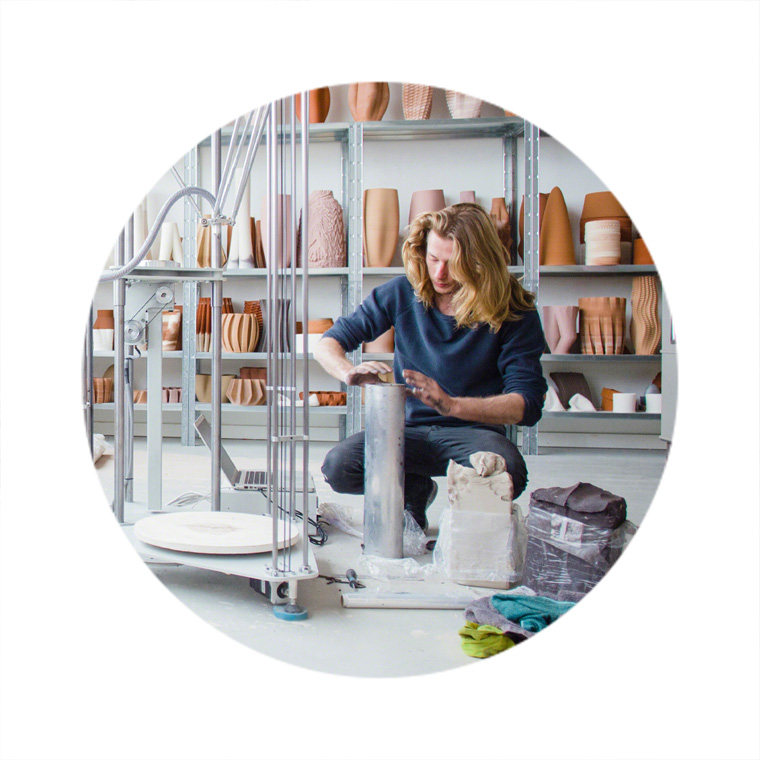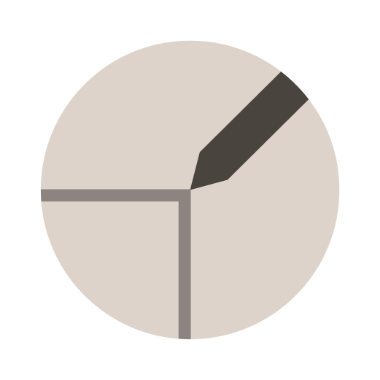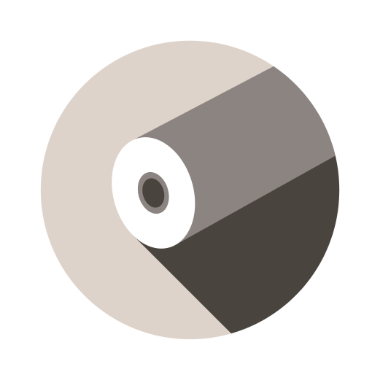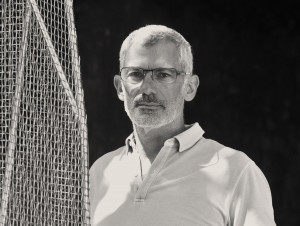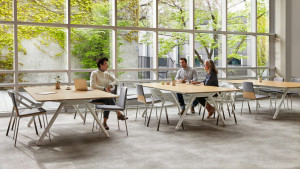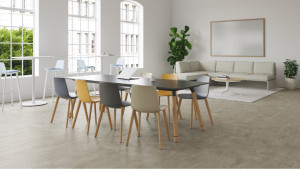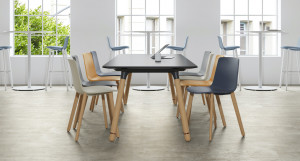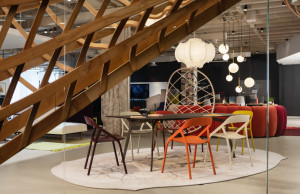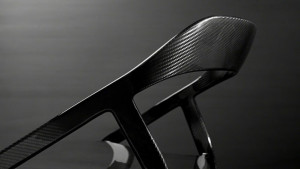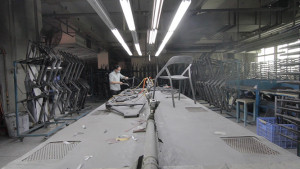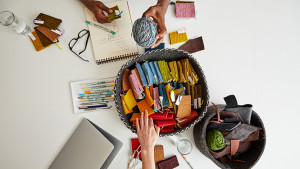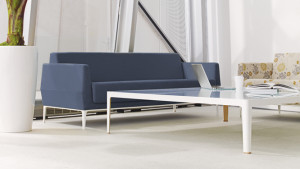What makes craft?
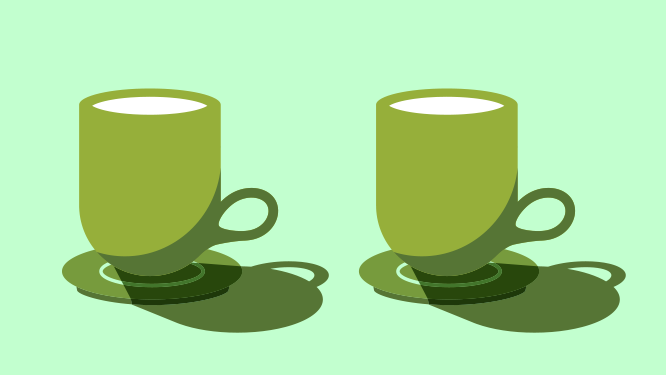
This is a deceptively simple question that we constantly ask ourselves at Coalesse. Craft is the natural language of designers and design, as we’re in the business of translating ideas from the creative mind to the hand, and through the tools that we use to make our furniture. That’s why craft is so essential to us, and why it forms an essential part of our point of view.
Because craft is always about making. Really, it’s about the critical pursuit of how to make things, better.
The common view of craft is that it’s the domain of the handmade. And, in every part of culture these days, there are resurgences of what we might think of as heritage handcraft, from food to fashion to small batch fabricating, to all manner of goods and services (certainly including furniture). We know that people want to connect with a specialized touch on many of the products and experiences they choose. This is part of a larger trend toward beating back the commoditization that has taken over a crowded marketplace. And it’s true, the generic and manufactured are always in a tension with the individual, the bespoke and artisanal. It’s where craft meets customization — the desire to make our mark, or at least, make a choice about purchasing things that have a more crafted, singular, personal character.
This perception of high-touch artisanship inevitably narrows our idea of what we can make with craft. By this measure, it would seem that the advent of the machine age and the digital age, the world of the technical and the rise of the technician, have marked the ending of craft as we know it in our common goods. The machine-made isn’t as great or special as the handmade.
But that’s not the whole story. Or even the right story.
FROM HAND TO MACHINE
In fact, craft is modern in every age. And technology has always been craft’s tool — not its opponent. Innovation has always been the process of people inventing or using new tools above or beyond the best technology available up to that time.
Those innovations are born of the curiosity of creative thinkers in both the arts and the sciences. Today, a hand on the keyboard is just as important to the culture of modern craft as the hand of the upholsterer. And often, the best crafts require both. We hold onto tried-and-true skills while also finding new ways to do extraordinary things that we once wouldn’t have thought possible. We build alliances between old and new.
Innovation in craft means working with and seeking to invent novel machines, methods, or startling new materials to make intriguing and artful products — to solve modern problems with better tools, and to preserve a feeling of beauty that makes the modern world feel less cold.
Yet, as much as we look forward, we’re informed by the past. We’re part of a continuum, reflecting on the mastery of previous thinkers and visionaries who disrupted the status quo to make things, better, or differently, or both, in their time.
OUR POINT OF VIEW SERIES
All of these principles guide what we design and make at Coalesse. So, we decided to examine this process, to illustrate what makes craft, in order to then see what craft makes possible.
Last year, we published our first Point of View story, Participate, about the culture of customization. It turns out that how and why we foster customization, as a design-driven company, is a perfect precursor to this next chapter on what defines our craft. The two are intimately connected, as we strive to bring innovation and deeper value, with meaning and beauty, to our products and their applications for the workplace.
This year, we’re adding to our Point of View series with a new story, Create, about the culture of modern craft. As part of this exploration, we wanted to share the groundbreaking work of a number of pioneers who inspire us, and who have contributed, both past and present, to a thriving creative culture of invention and making.
We’re pleased to provide an extended look at these stories in our digital experience, and to continue the conversation about craft with you here.
Lew Epstein
General Manager, Coalesse

